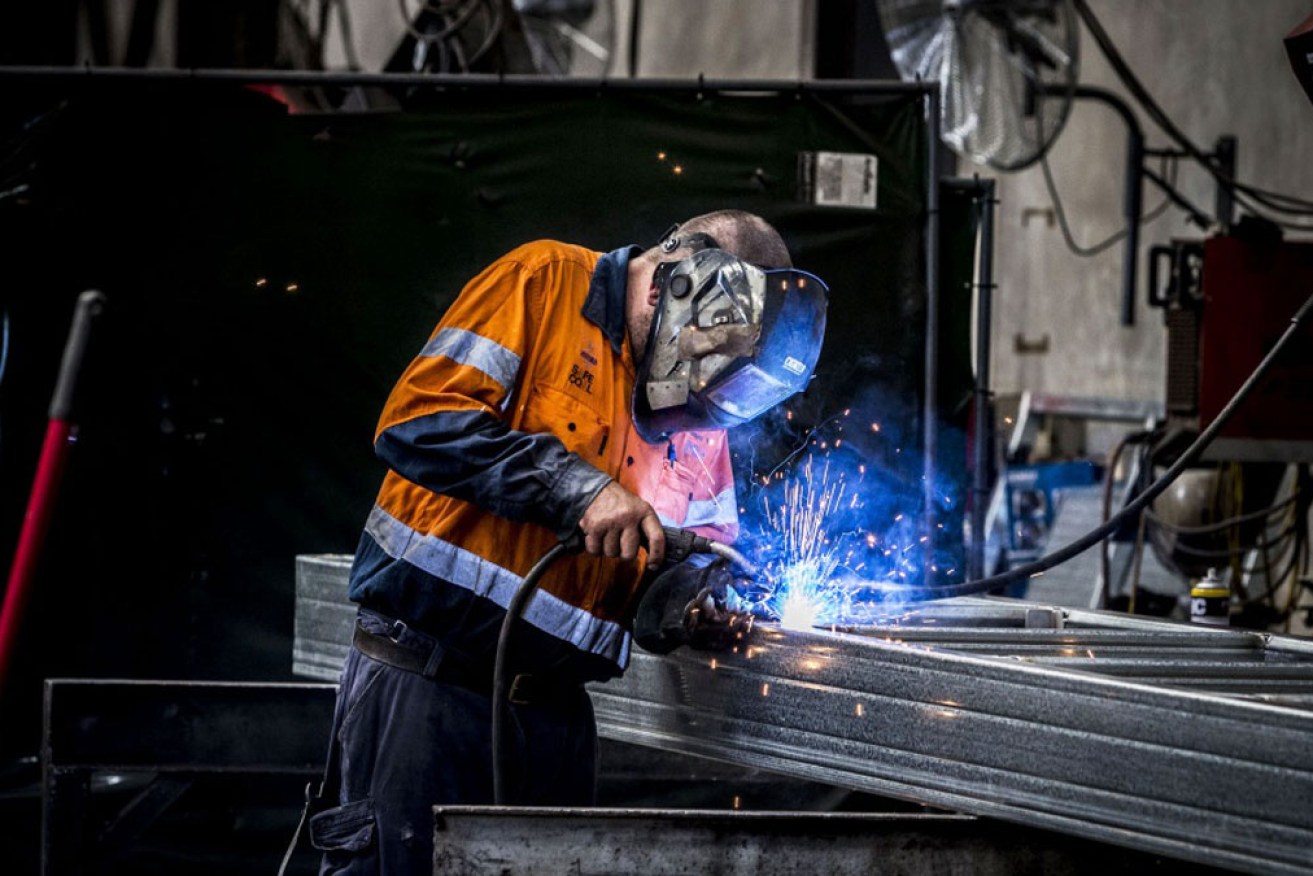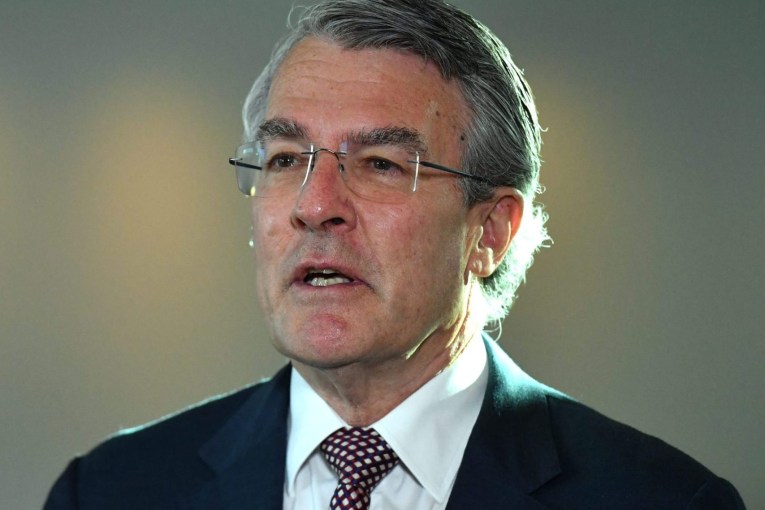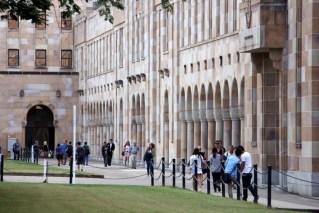Aussie jobless rate lowest since before global financial crisis
Australia’s unemployment rate unexpectedly dropped to 4.2 per cent in December, its lowest level since August 2008 and sparking speculation of a rise in the official cash rate later this year.

(photo: The New Daily)
Economists had predicted the jobless rate easing to 4.5 per cent from 4.6 per cent in November.
The decline was even faster than the Reserve Bank of Australia had been expecting just a few months ago and had not expected to hit 4.25 per cent until the end of 2022.
Queensland regained the mantle of the state with the highest unemployment rate (4.7 per cent), a slight improvement on the previous figure.
“This means there are 106,900 more jobs in Queensland in December than there were in March 2020,” Premier Annastacia Palaszczuk said.
“These encouraging job numbers show the overall strength of the Queensland economy.”
The Australian Bureau of Statistics said 64,800 people joined the workforce in December in a further recovery from last year’s Covid-19 lockdowns in NSW, Victoria and the ACT.
The data did not take into the account the impact of the Omicron variant in the latter stages of December and into January.
Treasurer Josh Frydenberg latched on to the figures, noting the unemployment rate is now equal fourth-lowest since the ABS started printing monthly figures in 1978.
“We know there are great pressures at the moment, but we also know that the economy is very resilient, and a standout performer has been the labour market where jobs, jobs, and more jobs have been created,” he said.
But deputy Labor leader Richard Marles said if Prime Minister Scott Morrison tried to claim these figures were “mission accomplished” in this election year, “it would be a complete fantasy”.
“If anything, they highlight exactly what is being put at risk by this government’s failure to manage the Omicron wave,” he told reporters.
But business and economists are hopeful that the impact from Omicron will be short-lived.
Australian Chamber of Commerce and Industry chief executive Andrew McKellar said there are labour and skills shortages across many sectors.
This emphasised the need for government to boost workforce participation by investing skills and establishing an ambitious skilled migration program, he said.
“Whilst we can expect Omicron to disrupt these strong (job) gains in early 2022, these pressures are likely to quickly re-emerge as case numbers begin to fall,” he told AAP.
BIS Oxford Economics chief economist Sarah Hunter said experience from overseas suggests the impact of Omicron will be significant but short-lived, and less economically damaging than previous waves.
“Overall, the unemployment rate is set to remain below 4.5 per cent this year, and with businesses still looking to add staff this will create further upward pressure on wages and domestic inflationary pressure,” Dr Hunter said.
“Today’s data reinforces our view that the RBA will tighten the cash rate much earlier than they are currently signalling.”
Inflation figures for the December quarter are due on Tuesday.
Separately, new data showed that while Australians had intended to spend big heading into 2022, there are already signs those expectations won’t be met due to the impact of Omicron.
The Commonwealth Bank of Australia’s household spending intentions index rose 2.5 per cent in December, its highest level since the survey began in July 2017.
The biggest gains were in travel, transport and retail sectors.
The index combines an analysis of CBA payments data, loan applications and publicly available search activity on Google Trends.
CBA senior economist Belinda Allen said household spending data for December showed a sustained recovery from the Delta lockdowns, fuelled by accumulated household savings estimated at some $260 billion.
“(But) we can see from our high frequency credit and debit card data there does appear to be a fall in spending in January, with spending on services more impacted than goods spending,” she said.












